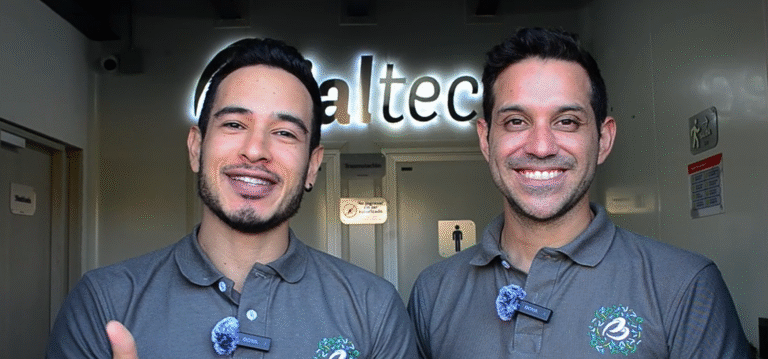WHICH IS THE PROTEIN OF THE FUTURE?
The one that is sustainable: less use of natural resources, less emissions, greater production and free of molecules that are harmful to human, animal and environmental health.
EFFICIENT AND SUSTAINABLE PRECISION ANIMAL NUTRITION
To satisfy the population's growing demand for animal protein, productivity must be maximized, while reducing environmental impact and antimicrobial resistance.
DESIGN AND PRODUCTION OF MICROENCAPSULATED PRECISION MICROBIOMES FOR ANIMALS, capable of reconfiguring the intestinal microbiome towards a more efficient and healthy one, maximizing the absorption of nutrients and minimizing the environmental impact.
- Its continued use improves the quality of life in animals.
- With the consumption of Fortcell Feed® we guarantee the conditioning, recomposition, balance, maintenance and early installation of the intestinal microbiome.
- Does not generate resistance
- Does not require a veterinary prescription
- Does not have withdrawal period
- It can be used in combination with antibiotics to treat diseases, hormones, vaccines and other products If necessary.
- It contains prebiotics that favor the conditions for the growth of the intestinal microbiome.
Microencapsulation Technology
At Bialtec we have a patented microencapsulation technology that solves the application needs in the production of feed, ensuring resistance to technological factors, gastrointestinal, storage and environmental conditions, and maintaining the molecular structure to guarantee a controlled release in the intestine of the animal.
BENEFITS OF OUR TECHNOLOGY
Improving feed conversion and gut health
Replacing antibiotic growth promoters
Resistant to industrial processes (pelletizing, baking, extrusion, freezing)
Reducing waste and greenhouse gas emissions
Resistant to biological processes (pH and enzymatic action)
News

Sin categoría
2025: a year of science, expansion, and new challenges for the animal microbiome
In 2025 we fulfilled many goals and dreams. It was a year in which we confirmed that precision microbiome solutions







